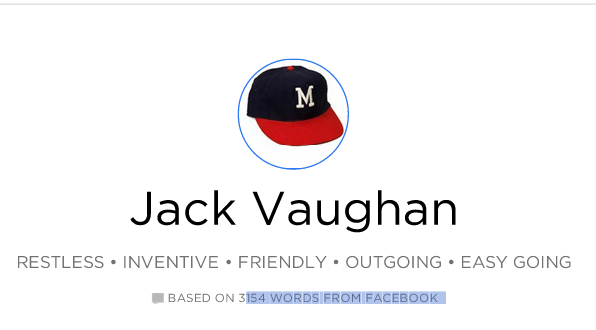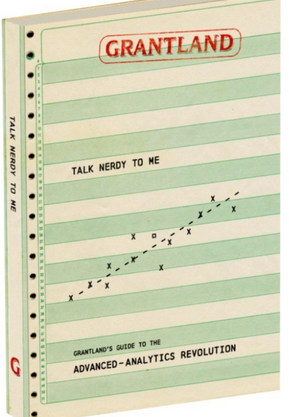
Nate Silver's well regarded The Signal and the Noise (2012) included a chapter in which the author intrepidly gumshoes it to Donald Rumsfeld's office, mostly to discuss the former secretary of war's long-running enthusiasm for a little known 1962 book, Pearl Harbor: Warning and Decision by Roberta Wohlstetter. Actually the greatest enthusiasm may be that which Rumsfeld held for the book's introduction, one penned by economist Thomas Schelling who wrote: "There is a tendency in our planning to confuse the unfamiliar with the improbable."
Before Pearl Harbor, the U.S. expected sabotage from Japan, but not a six-carrier air attack from the north. This formed what Silver might describe as a 'signal and noise' moment when a massive trove of information was not effectively sifted – and Pearl Harbor was not predicted. There would seem to be a lesson in analytics there somewhere.
Rumsfeld somewhat famously circulated the book in Washington months before the Sept 11 2001 terrorist attacks, and he has a Xeroxed copy of the forward at hand when he meets Silver. After the fact, the Wohlstetter book's theme seemed applicable, in Rumsfeld's – and, perhaps, Silver's - estimation, to Sept 11. And it may have formed a backdrop for Rumsfeld's ridiculously sublime rumination on
known knowns, known unknowns and unknown unknowns, another variation of which (the unknown known) form the title of Errol Morris' new film, which is what I came here to tell you about.
I call Rumsfeld's 'unknown unknown' wordsmithing ridiculously sublime because, upon viewing Morris' film, I conclude that Rumsfeld's 'understanding' of the Pearl Harbor lesson was more misunderstanding – was more a willful, spiteful and devilish confabulation of analytics. He took a bit of truth and with some technical exactitude mis-applied it to the case of Iraq and its purported troves of weapons of mass destruction, for his larger purpose (political bias) of, well, say, shaking up the Middle East. He took the idea that the Pearl Harbor debacle was caused by failure of imagination, and imagined a fabled debacle all his own. Prediction provides some very special care, evoking a rework of Bob Dylan line: "To live outside of time you must be honest."
"The Unknown Known" is not quite on par with Morris' portrait of Viet Nam era Defense Secretary Robert McNamara as a film and a story, the protagonist elicits less empathy in this viewer, but it is worthwhile in its probing pursuit of logical understanding – in its analysis. Also, like the earlier 'Fog of War', it has some nifty animation. - Jack Vaughan














